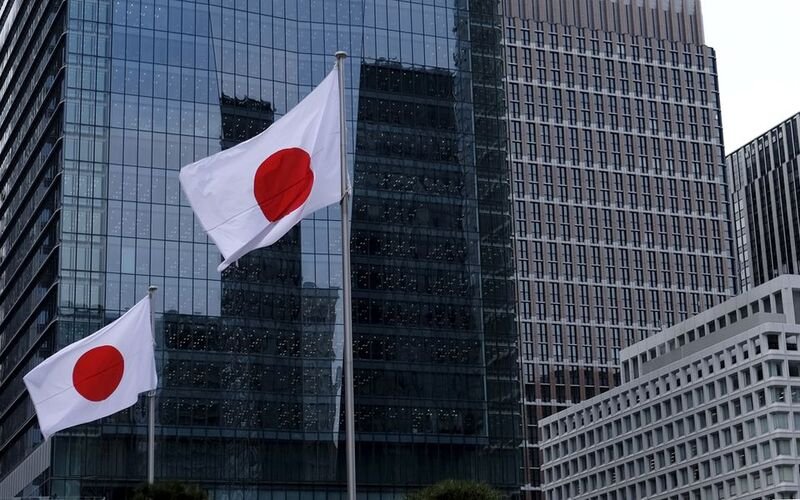Asia will discuss Japan’s market protection proposal. As global banking sector woes and fears of a recession in advanced economies cloud the economic outlook, Asian finance leaders meeting in South Korea next week may discuss ways to strengthen market turbulence safeguards.
On Tuesday, finance ministers and central bank heads of ASEAN+3, which includes ASEAN, Japan, China, and South Korea, may debate how U.S. interest rate rises affect regional capital flows.
Finance Minister Shunichi Suzuki told a press conference on Friday that Japan, which co-chairs this year’s ASEAN+3 summit with Indonesia, expects to explore expanding Chiang Mai Initiative Multilateralisation (CMIM) currency exchange lines.
“It’s not as if we’re heading into a major crisis now,” Suzuki added. “Even so, we must prepare for the worst.”
Three individuals with firsthand knowledge of the situation said Japan wants to offer a facility that improves currency exchange lines and lets members access to cash in crises like pandemics and natural disasters.
Suzuki will attend the ASEAN+3 meeting on Tuesday during the Asian Development Bank (ADB) annual meeting in Incheon, South Korea, next week.
Governor Kazuo Ueda of the Bank of Japan will also attend the sessions in Incheon from May 1-4.
After two U.S. banks failed, policymakers are worried about global banking system vulnerabilities and market instability from aggressive U.S. interest rate rises.
Analysts think Asian authorities may find room to improve existing procedures to combat market disruption.
Due to China’s resurgence, the ADB predicted 4.8% economic growth in developing Asia in 2023, up from 4.6% in December and 4.2% in 2022.
However, some central banks, such as Australia, have paused interest rate hikes as global headwinds and past monetary tightening slowed their economies and job growth.
The IMF has advised Asian central banks to keep monetary policy “tighter for longer” to tackle rising inflation.










































Comment Template